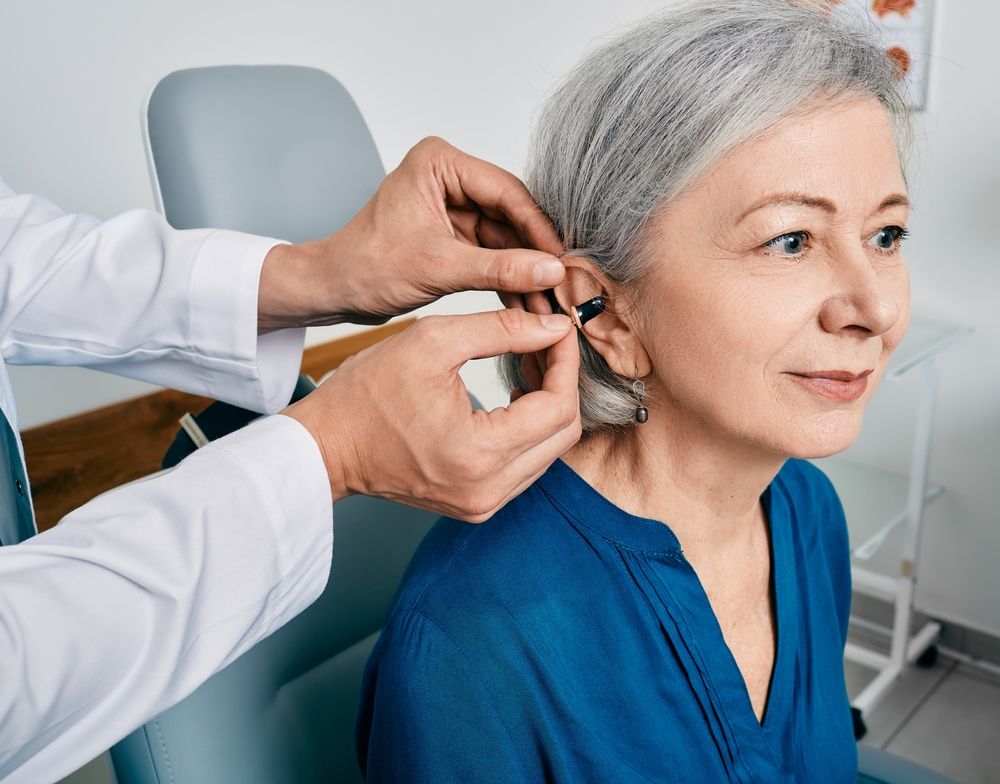
Getting fitted with hearing aids for the first time can be both thrilling and a little frustrating. Taking the action to enhance your hearing can have a powerful effect, enabling you to participate more fully in conversations, reinforce relationships with family and friends, and restore a deeper connection to the sounds that improve your daily life. But similar to any new experience, it’s normal to have questions, especially about how hearing aids will feel and how long it might take to adapt.
Many first-time users are unsure what to expect. Will the hearing aids feel cumbersome or awkward? Will everyday sounds seem too loud? Will it take long to get used to them? Most individuals share these worries, yet with effective support and some tolerance, many discover that using hearing aids becomes a normal and beneficial facet of their daily activities.
As you navigate this adjustment, it’s essential to comprehend what lies ahead and take proactive measures to decrease any disruption, ensuring a smooth integration into your new situation.
What to anticipate during the initial adjustment period
Do hearing aids cause discomfort? Initially, they can feel a little bit peculiar, particularly if you’ve never put anything in your ears on a regular basis. Just like using a new pair of glasses or adjusting to a watch, it takes time for your brain and body to adapt.
You will notice the most significant changes in two main areas in the initial weeks of using the product.
Bodily feeling
You may experience a feeling of discomfort or strangeness in your ear initially. This is entirely normal. Many hearing specialists advise easing into use, beginning with a few hours a day and slowly extending the duration.
A little discomfort is fine, but pain isn’t. If your devices cause discomfort or inflammation, don’t wait to get in touch with your hearing care specialist. They have the ability to modify the fit or explore a different design that would be more appropriate for the shape of your ear.
Perception of sound
One of the most surprising parts of the adjustment process is hearing everyday sounds that you may not have noticed before.
The thrum of the refrigerator, birds singing outside your window, or your own footsteps might seem amplified at first. As a result, your brain is reacquainting itself with a broader spectrum of auditory signals.
It may feel overwhelming, but your brain will slowly learn to filter out unimportant background sound and focus on what really matters, like voices and music. Your auditory system is basically redressing and adjusting to new sounds.
Suggestions for enhancing the comfort and effectiveness of hearing aids
The good news is that there are several strategies to help you feel more comfortable and self-assured while adapting to your new hearing aids:
1. Begin slowly
You don’t have to feel obligated to use your hearing aids all day immediately. Start out with committing one to four hours daily, especially in tranquil settings such as your residence.
Slowly build up as you become more comfortable with the feel and sound of the devices.
2. Practice makes perfect
To help your brain adapt, wear your hearing aids while taking part in stimulating activities. Participating in activities like reading along with audiobooks as you read or watching movies with subtitles can improve your ability to recognize speech and enhance your listening skills in an enjoyable manner.
3. Keep to communicate with your audiologist.
Fit and performance go hand-in-hand. If you experience any discomfort or notice that something is not right, such as the fit of the device or the audio quality, act immediately. Your audiologist can adjust your hearing aids and provide recommendations for enhanced benefits. A personalized hearing aid customized to your particular ear shape and requirements could be the most appropriate option in specific situations.
Welcoming your new hearing experience
You can anticipate a short transition time as you get used to wearing your hearing aids. Through regular wear, diligent maintenance, and assistance from your audiologist, your new hearing aids will quickly become an integral part of your daily life.
Instead of concentrating on the gadget, you will redirect your focus to the pleasure of improved conversations, natural sounds, music, and regular social interaction.
The key is patience, practice, and remaining proactive about your comfort. Before long, your hearing aids will not only strengthen how you hear, but also how you live.